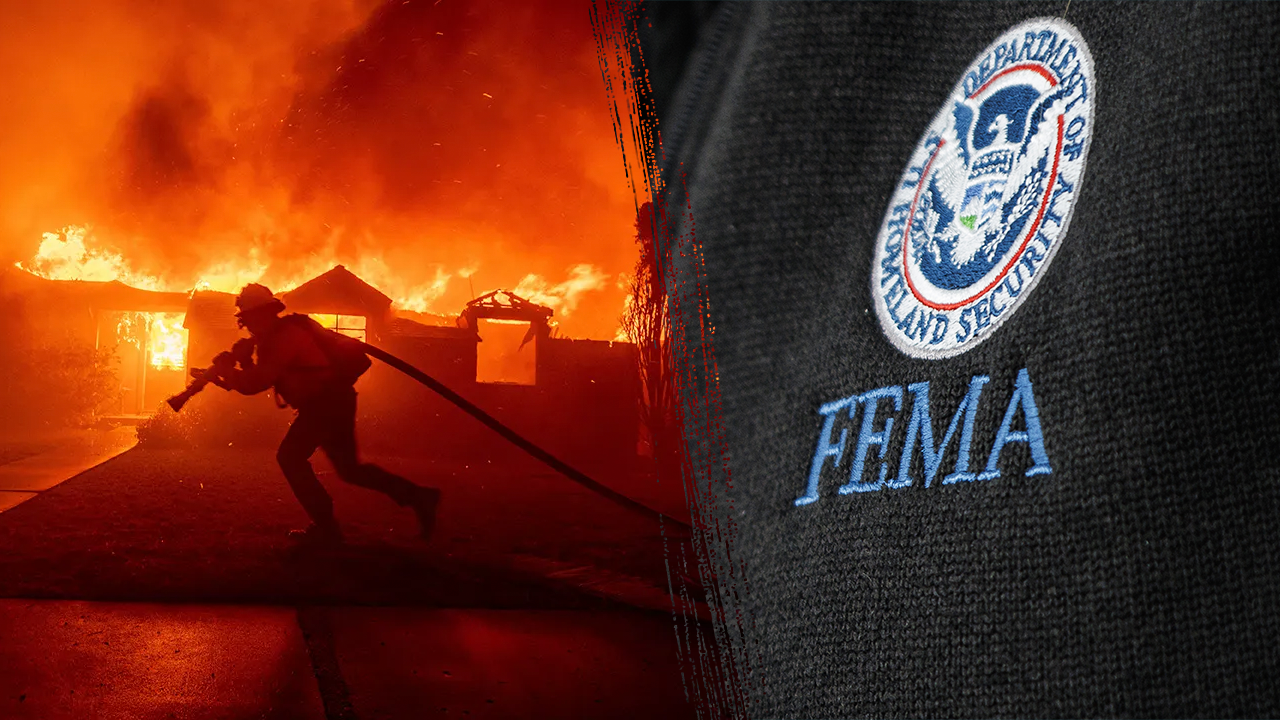President Donald Trump, lawmakers at odds over whether FEMA should be elevated

Lawmakers from both parties are pushing for FEMA to be elevated to a Cabinet-level agency, separate from the Department of Homeland Security. This move comes in response to President Donald Trump’s desire to gut FEMA, which currently falls under the DHS. The proposed legislation, spearheaded by House Transportation and Infrastructure Committee Chairman Rep. Sam Graves and committee ranking member Rep. Rick Larsen, aims to give FEMA greater autonomy and resources to respond to disasters effectively.
One key aspect of the draft legislation is the creation of a centralized website to track disaster assistance across the federal government. Additionally, the bill would allow FEMA to cover the costs of repairing homes damaged in disasters, not just making them livable. This shift in policy would empower states and localities to take charge of disaster recovery efforts, reducing federal micromanagement.
Despite Trump and DHS Secretary Kristi Noem’s calls to eliminate FEMA, former acting administrator Cameron Hamilton cautioned against such drastic measures. Hamilton, a Navy veteran with experience in disaster response, emphasized the importance of maintaining FEMA to serve the American people effectively. However, Hamilton was unexpectedly removed from his position, signaling potential changes within the agency.
Trump’s visit to North Carolina following Hurricane Helene highlighted his dissatisfaction with FEMA’s performance, leading to discussions of overhauling or even eliminating the agency. An executive order was signed to review FEMA’s operations and potential reforms, including budget cuts to FEMA grants. Noem reaffirmed Trump’s stance that FEMA’s current structure is inadequate and should be reformed or abolished.
As discussions continue about the future of FEMA, it is clear that the agency plays a critical role in disaster response and recovery efforts. Lawmakers are working to strengthen FEMA’s capabilities and ensure it can effectively fulfill its mission of assisting communities in times of crisis. The proposed legislation reflects a bipartisan effort to improve disaster response and support the resilience of American communities.




